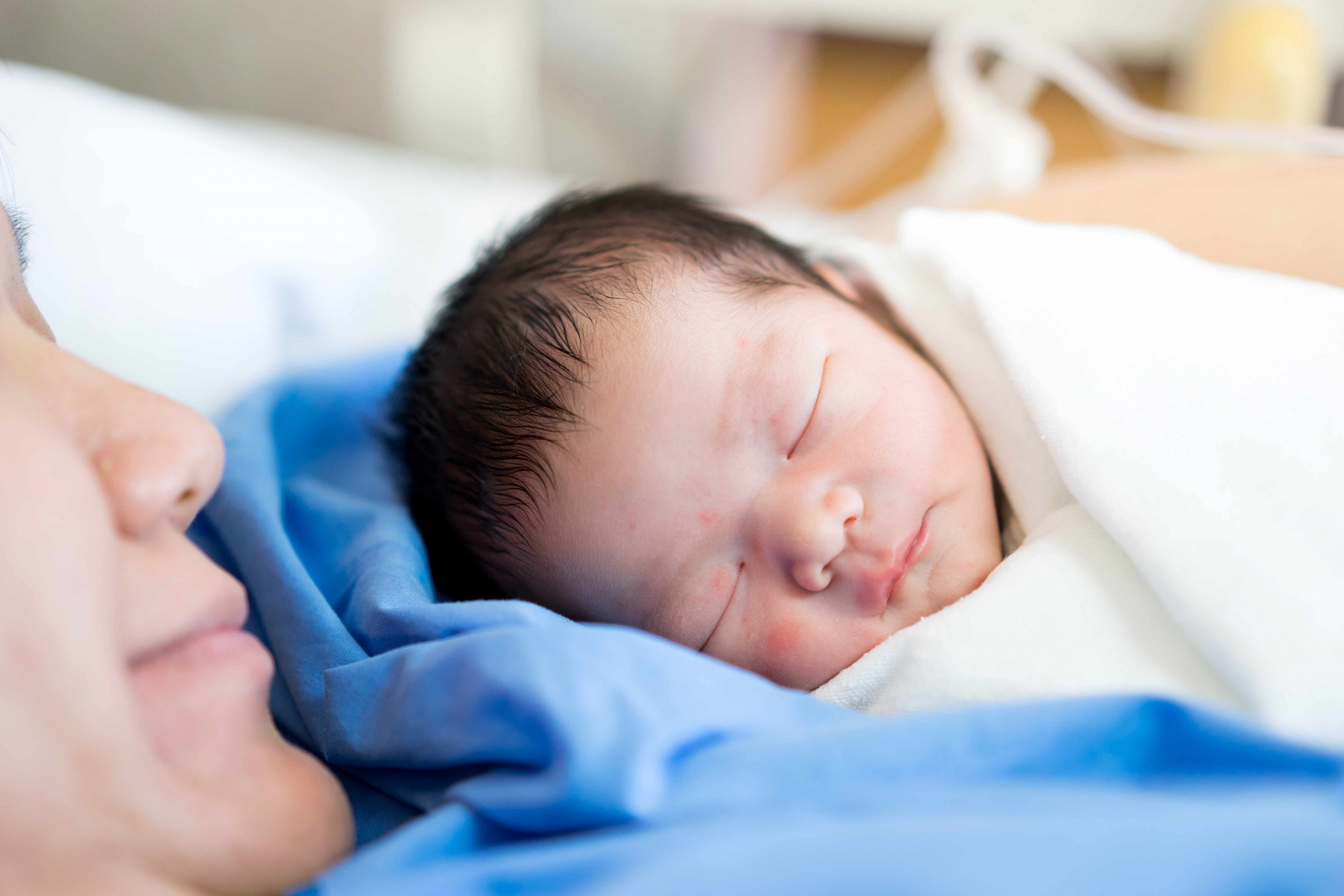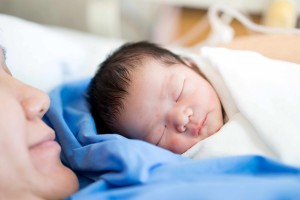Every year since 2010, Arizona parents have brought an average of 80,000 newborns into the world! And every year, health professionals at the Arizona State Public Health Laboratory test around 160,000 blood spot specimens to make sure those newborns have the best possible health at the start of their lives.
Through ADHS, Arizona is one of ten states leading the nation in newborn health initiatives by using the Recommended Uniform Screening Panel (RUSP), a list of disorders the U.S. Department of Health and Human Services (HHS) recommends states screen for as part of their state universal newborn screening programs.
The goal of the program is to identify newborns with certain congenital disorders that can affect a child’s long-term health or survival as soon as possible and connect infants and their families to early care and treatment.
When the Arizona State Public Health Laboratory was first established in 1993, the Office of Newborn Screening screened Arizona newborns for seven disorders. Today our scientists test for five times that amount, screening newborns for 35 rare but treatable core disorders. The lab also screens for an additional 26 rare but treatable secondary disorders on the RUSP.
Disorders are added to the RUSP based on evidence supporting the potential net benefit of screening, states’ ability to screen for the disorder, and the availability of effective treatments. When a new condition is added to the RUSP, ADHS updates its testing practices and implements screening for the new condition within two years.
Arizona further leads the way in newborn health by being one of 13 states using the more thorough two-screen model. All babies are screened at 36 to 48 hours old and then screened again at five to 10 days old, helping ensure any disorders that are severe, develop later, or appear in milder forms that could be missed during the first screen are detected. Newborns are also screened for hearing and congenital heart defects at the birthing facilities before discharge.
On average, the program identifies 120 newborns with these genetic disorders and 200 newborns with hearing disorders annually. The program also provides assistance to families of affected newborns together with other ADHS programs and external partners.
Visit the Newborn Screening Program to learn even more about our program. You can also listen to our podcast The Parenting Brief- Newborn Screenings: What to Expect, hosted by Jessica Stewart-Gonzales (Program Director for the Maternal, Infant, and Early Childhood Home Visiting Program) with Fran Altmaier (Newborn Screening Health Program Administrator), to learn more about what to expect from your baby’s newborn screening
Here are some additional resources new parents might want to explore about newborn screening:
- Health Resources & Services Administration: The federal agency provides up-to-date information, materials and resources about newborn screening.
- Baby’s First Test: The site provides an education resource center for parents and health professionals.
NewSTEPS: This site provides a national newborn screening resource center designed to provide data, technical assistance and training to newborn screening programs and assist states with quality improvement initiatives.











